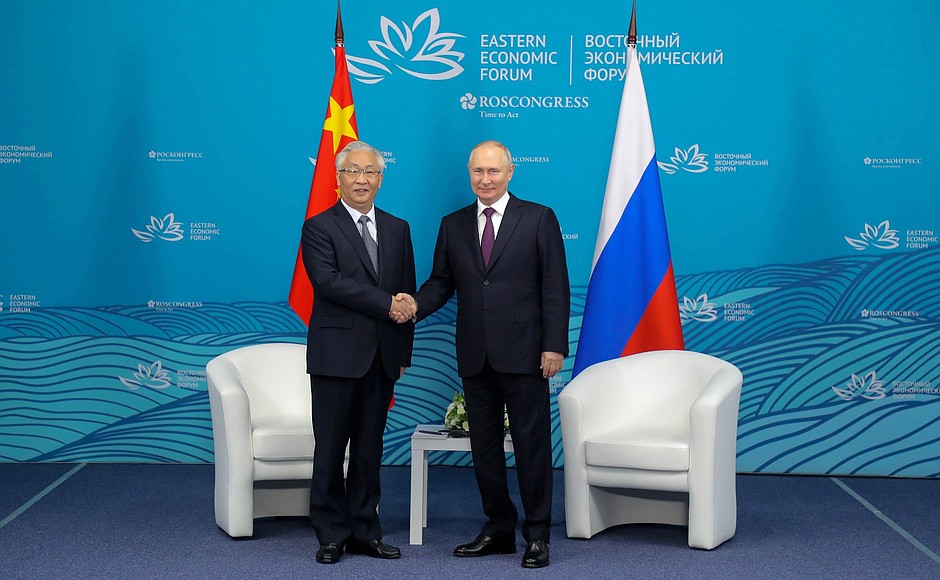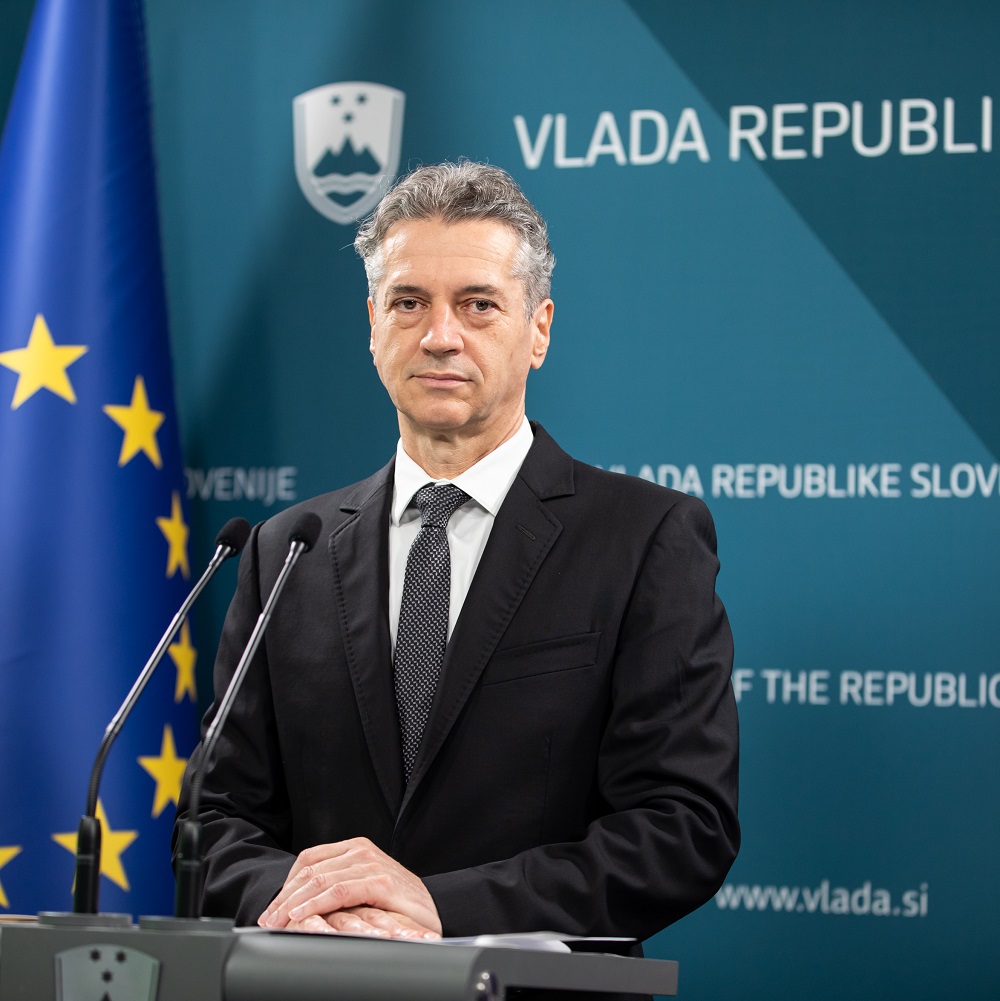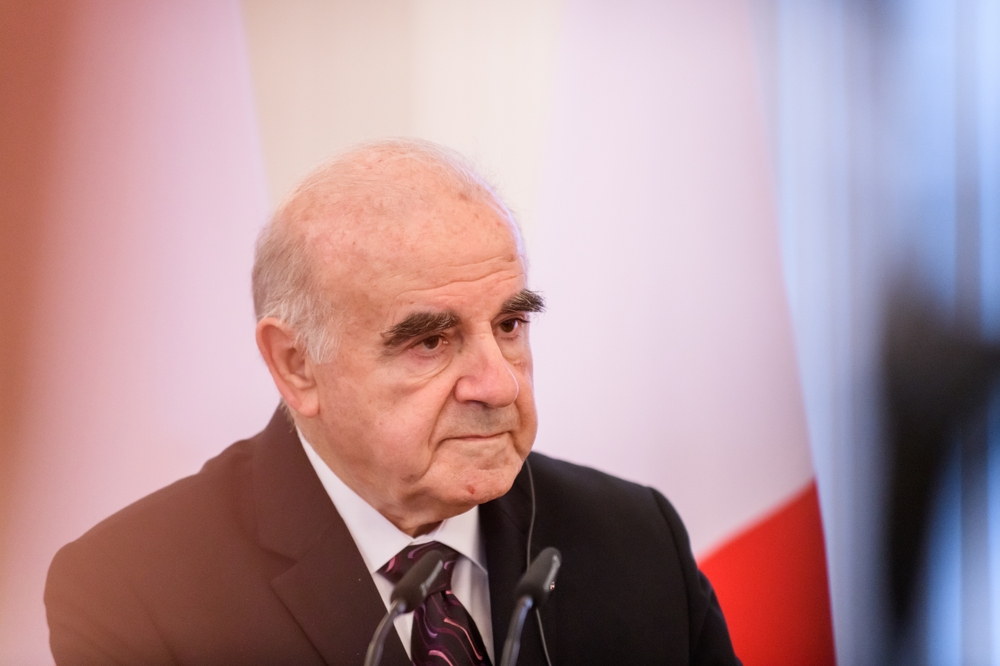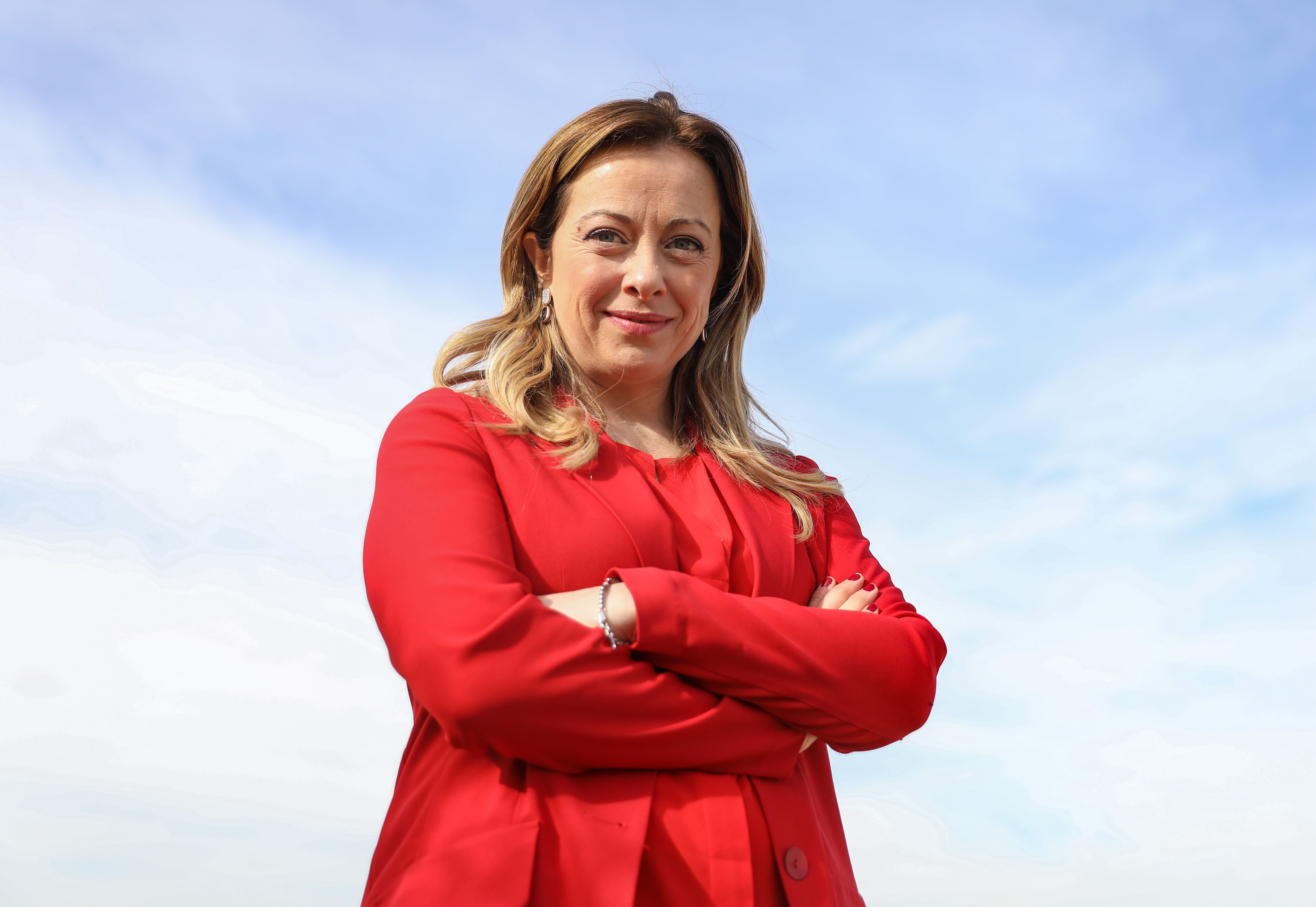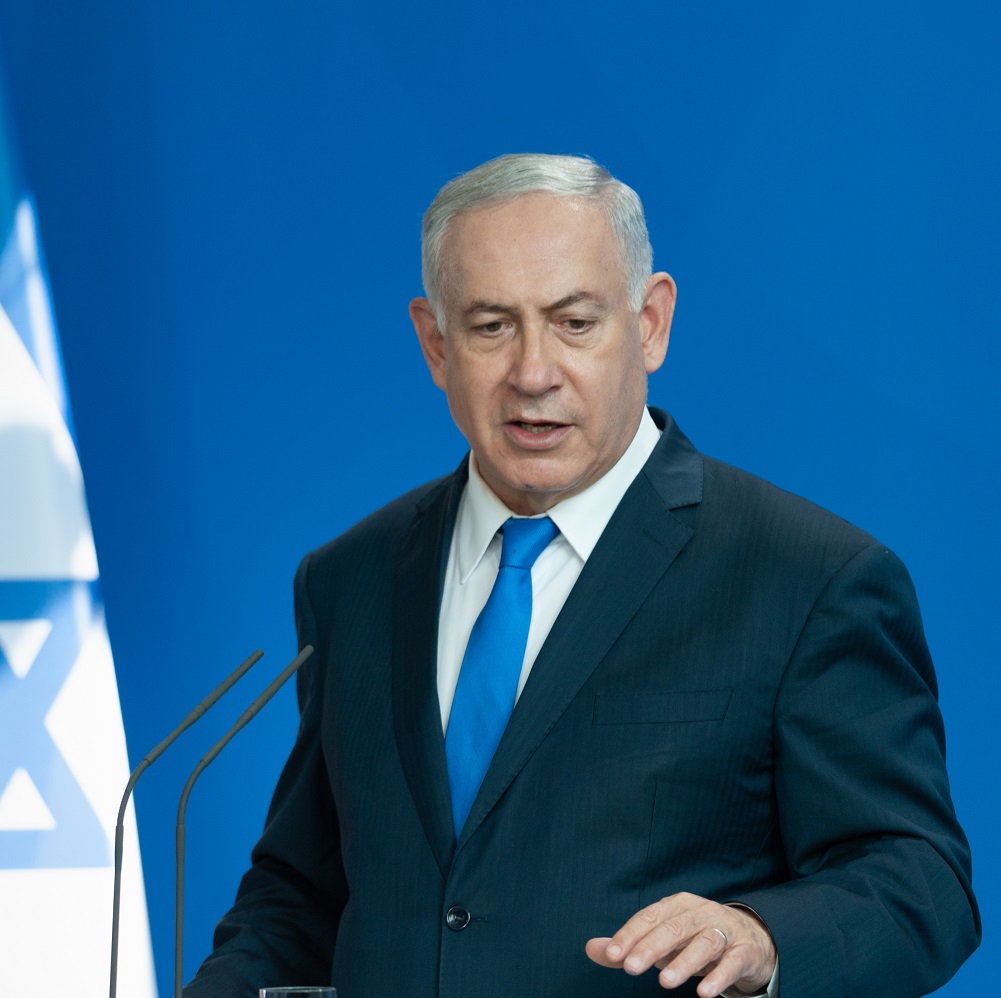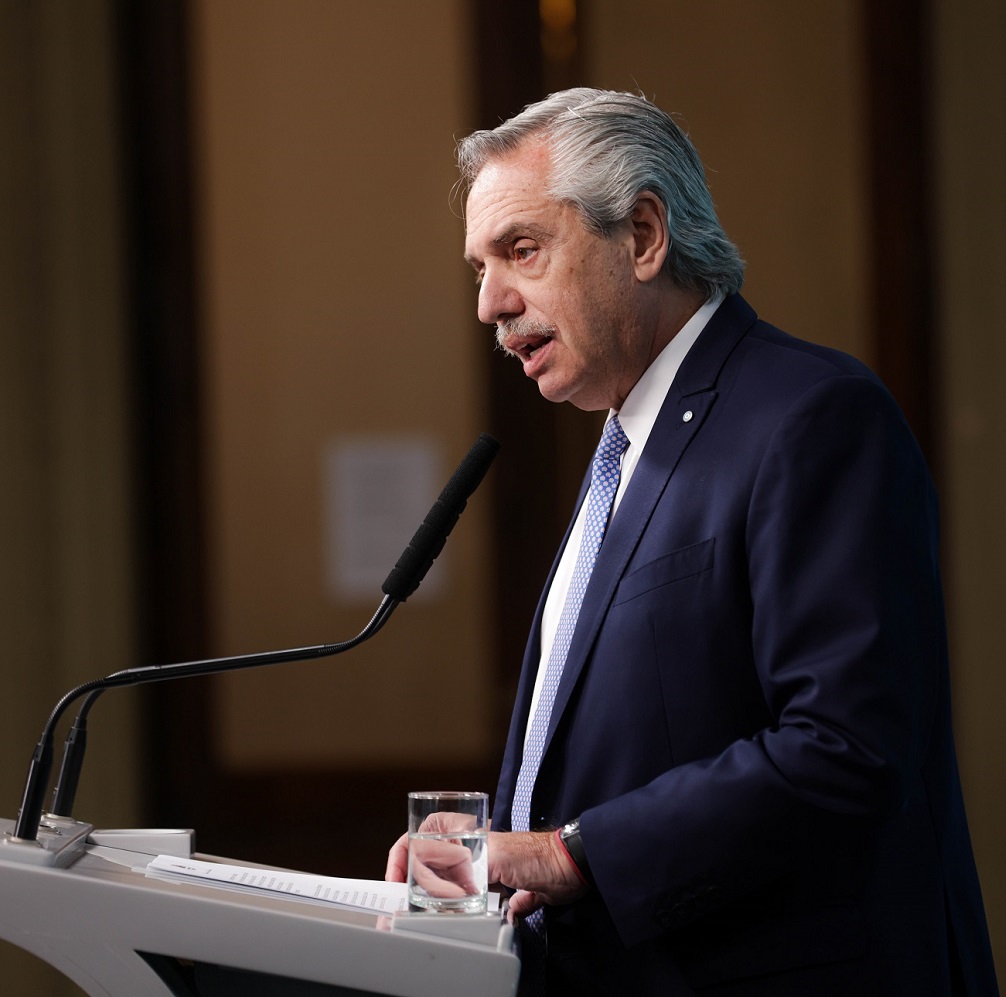Speech by His Excellency George Vella during the Opening Ceremony of the Annual Conference of the Malta Model United Nations Society titled: Prioritising Progress: Securing a Fairer Future. 15 September 2023
by George Vella
Excellencies, President of the Malta Model United Nations Society, Conference Manager, Participants, Let me begin by thanking the organisers of this Conference for inviting me to deliver this address and for arranging the discussion on this very relevant and timely topic. I have to congratulate Their Excellencies for the very interesting presentations they have just made to this Conference. The subject matter of this Conference will seek to explore considerations of progress and how this can be done sustainably. I believe that the theme of progress and development is a defining challenge of our era. We are struggling to come to terms with how to manage progress in a fair and equitable manner. For progress to be sustainable, we must ensure it is coupled with the practice of fair and just sharing of benefits as well as of burdens. In other words, we cannot have progress unless this is achieved through just and fair means. Let me, for the beginning, state that real and sustainable progress can only occur within a rules-based international system founded on commitment and mutual respect. As demonstrated since the inception of the United Nations in the aftermath of the Second World War, a rules-based international order is the only just alternative to a system where might makes right. This vision is at the core of the United Nations system – the promotion of respect for international rule of law and principles of sovereignty and self-determination as basic tenets of global diplomacy. “To save succeeding generations from the scourge of war”. These are among the first words of the United Nations Charter. These words remain the main motivation underpinning the work of the United Nations. Almost eight decades later, I note with concern that the integrity of this vision is severely threatened by the return of great power rivalry. This last year has been a demonstration of what ‘realpolitik’ looks like in practice. The senseless and illegal aggression and the unrelenting violence unleashed on Ukraine are a direct threat to the cardinal principles of respect for sovereignty and self-determination. These events have unfortunately brought us face to face with the very dire consequences of war, war in Europe – something that Europe selfishly had thought was relegated to the past, because in actual fact, over the years, there was always some ongoing war somewhere on the globe. Unfortunately, on many occasions we absolve ourselves from any responsibility by convincing ourselves that “this does not concern us”. Our collective message has to be a clear and resounding one. We cannot return to a world where the strong do as they will and the weak are left to suffer what they must. We cannot accept that the fundamental principles of respect for sovereignty and self-determination be swept aside by aggression and military might, be it on our doorstep in Ukraine, further away in Yemen, Syria, Afghanistan, or on the other side of the globe. In this regard, Malta’s neutrality as enshrined in our constitution does not imply indifference to the attacks on our shared principles, the deplorable loss of life during conflict and the suffering brought about upon innocent civilian people through famishes and food shortages, displacement and atrocities of war, not least sexual violence against women. Our Constitution does not imply indifference to these attacks. Indeed, our aspiration to serve on the United Nations Security Council for the term 2023-2024 stemmed precisely from our strong willingness to somehow contribute to the maintenance of international peace and security in a meaningful manner. Together with the General Assembly, the Security Council is practically the highest organ of the United Nations. It deals with the most sensitive political issues that could arise. Our tenure comes at a time where the Council is highly polarised, seized as it is with the invasion of Ukraine by Russia. Despite this tense climate, Malta remains committed and determined to continue playing a constructive role in safeguarding the rules-based order and ensuring that our global institutions remain relevant in the contemporary world. We will continue to advocate the importance for accountability to be pursued in line with international law, as well as to ensure the fight against impunity – including for the crime of aggression. Excellencies, Friends, Fully conscious of the unequal distribution of wealth and resources, particularly the ever-widening gap between the rich consuming countries and the developing countries, we hold the key to push forward an agenda for fair progress built on the UN Sustainable Development Goals 2030. Leave no one behind – is the central tenet and transformative promise of the 2030 Agenda for Sustainable Development. Goal number 10 of the Sustainable Development Goals is Reducing inequality within and among countries. Under this SDG, all UN Member States pledge to eradicate poverty in all its forms, end discrimination and exclusion, and reduce the inequalities that leave people behind. A cursory look around us indicates that alongside globalisation and promises of better development outcomes, poverty, economic hardships and inequalities within and among countries, unfortunately, continue to persist. As the deadline for the SDGs approaches, the progress towards these goals is dangerously off track. These goals were scheduled to be met by 2030, that is only seven years from now. Can we make it on such a short period of time? A series of international shocks and crises – including the coronavirus pandemic, the war in Ukraine, and the worsening climate emergency – have caused and continue to cause, further dislocation and displacement, laying bare the inequities and injustices of the world economy. Many countries face mounting debt, high interest rates as well as increasing poverty and hunger, besides internal strife to quench the never-ending lust for power. Closer to home, the Mediterranean remains a reservoir of instability and huge political, economic and social disparities. Sadly, the political and economic situation continues to deteriorate in our immediate neighbourhood; the phenomenon of irregular migration, the existential threat posed by climate change, and the breakdowns in food-supply chains provide us with clear examples of things to come. Around the globe, lower and middle-income countries are vulnerable and exposed to political, economic, and ecological crises not of their own making. Many small island states are facing serious threats to their very own existence due to the progressive emigration of their population because of climate change and the probability of eventual rise in sea levels. Meanwhile, vulnerable populations, people living in poverty or marginalized due to their ethnicity, gender, religion or national origin, all need practical, people-centred, humane solutions to global problems like climate change or the pandemic. These challenges are multifaceted, and are transnational in nature, hence why it is necessary that they are resolved by international cooperation and by a responsive multilateral system. At a grassroots level, millions of people across the world continue to call for equal access to health, nutrition, education, energy, and mobility. Basic things which, unfortunately, they still do not have. These impassioned and genuine calls for social justice must not be ignored. We have to, and I say this very responsibly, avoid settling down in a “westernised” mentality, or worse still become too “Eurocentric” in our assessments, and thinking that the world is the same as Europe or the West. There is much more beyond this westernised mentality and Eurocentricity. Strange as it may seem, gender equality is growing more distant around the globe, with projections indicating that this will only, if ever, be achieved many years from now. Advancements in maternal health and access to quality education for young girls remains frustratingly low. The logic is simple: without the contribution of a disenfranchised half of the world’s population, we will only be able to fulfil half of our potential, or even less. Young and old, male and female, irrespective of race, creed or colour, we are all equal partners in this global effort to promote just societies that are expected to cater for the basic needs of citizens. When I speak of needs, I include such considerations as the importance to have – simple things – access to clean and efficient energy, quality health and educational services, and gainful employment opportunities. These are only some of the basic necessary ingredients. We must realise that the political exclusion of groups within our societies through xenophobia, racism, intolerance, and dehumanisation prevents equitable outcomes and destroys social cohesion, leading to societal tensions, unrest and possibly even open conflicts. We need to create inclusive societies and communities and an international order based on justice. In such societies, every human being should live in dignity and respect and lead a life that he or she has reason to value and cherish. Women, youth, ethnic groups, religious and other groups, all of civil society: these must all be equally empowered to participate meaningfully in the decisions that affect their lives. This is a fundamental prerequisite for social justice. Excellencies, In view of the above, I believe that we all agree that we are far from fulfilling our collective duty to secure a fairer future for the coming generations. The question therefore is: “What can we do about this? How do we move from the current state of affairs to the fair and equitable societies that we all aspire to create?” Man has always dreamt about ‘utopia’. We know it is not achievable, but at least we should keep on trying. I personally believe that youth as well as education both play a crucial role in this regard. In the words of the well-known educationalist Maria Montessori: “Establishing a lasting peace is the work of education. All politics can do is keep us out of war”. This does not mean that as political leaders we have no obligations in this respect. Quite the contrary. Our obligations, individually and collectively, relate to the promotion of education that is inclusive, that promotes the dignity of every human being and that recognizes the values of understanding, dialogue as well as solidarity. Education brings awareness of the environment, tolerance of the opinion of others, acceptance of the fact that we are one human race, and peace based on justice, love, and respect for others. This is key if we are to create socially just societies that prioritise progress as a means of securing a fairer future. Looking ahead, I believe that education is a key instrument to empower our youth. Youth empowerment has been a recurring theme throughout my Presidency. Young people from across the globe have a crucial role to play in prompting open dialogue, and to seek common ground with the aim of bringing about positive changes in our societies. This is why in 2016 I was motivated to organise the Young Mediterranean Voices initiative, together with the then High Representative of the European Union Federica Mogherini, and the Anna Lindh Foundation which is based in Alexandria. On that occasion, more than 600 students from all across the Mediterranean, the Middle East and the Gulf region put aside their differences to spearhead a culture of persuasion rather than confrontation, tolerance rather than condemnation, and acceptance rather than exclusion. Institutions like the Anna Lindh Foundation continue to promote such inclusive approaches for youths. Today, the Mediterranean is home to millions of young voices eager to develop their full potential and to build sustainable and inclusive societies. But this is only one small region on the globe. The United Nations has to cater for all the rest. These are only some preliminary reflections which, I hope, you will find useful in the course of your debates and deliberations. I urge you all to make the best use of the outcomes of the exchanges you will be having in the coming days. What you will learn throughout this Conference could well influence the course of your lives in the coming years, so make the best of this experience. I wish you fruitful and productive discussions. Thank you, very much.
